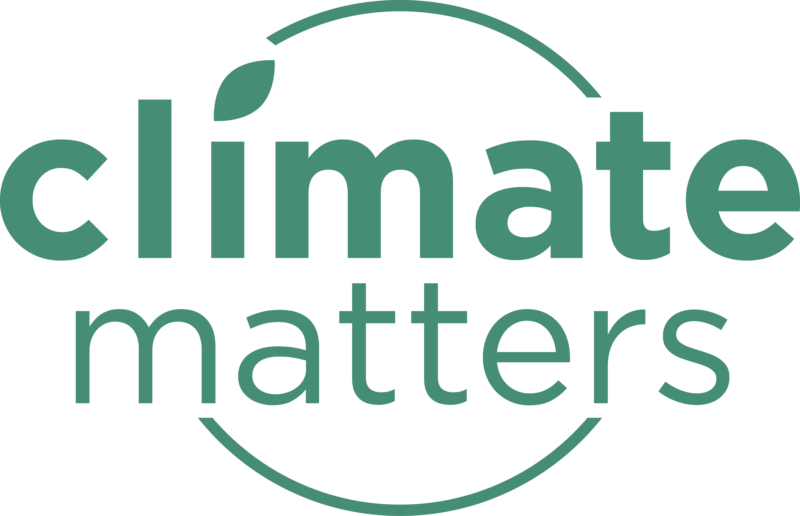2020 on Twitter – Was there a topic besides Covid19?
After the outstanding year 2019, attention for climate change on Twitter in the past year quickly dropped to the level from the years 2018 and before. The harsh decline directly coincides with the rising worldwide attention for the “new” Corona virus later named Covid19, which caused the global pandemic the world is still struggling with. […]
How do climate change documentaries imagine the future? A video commentary
Documentaries are one way of presenting the problems climate change poses, but also possibilities for a better future, to a broad audience. In this video, our team member Shorouk Elkobros, now Science Communication Consultant at the European Science Foundation, compares the approach and framing of different climate documentaries. Have fun watching it – but be […]
Why Climate Policy is not the same as Environmental Policy
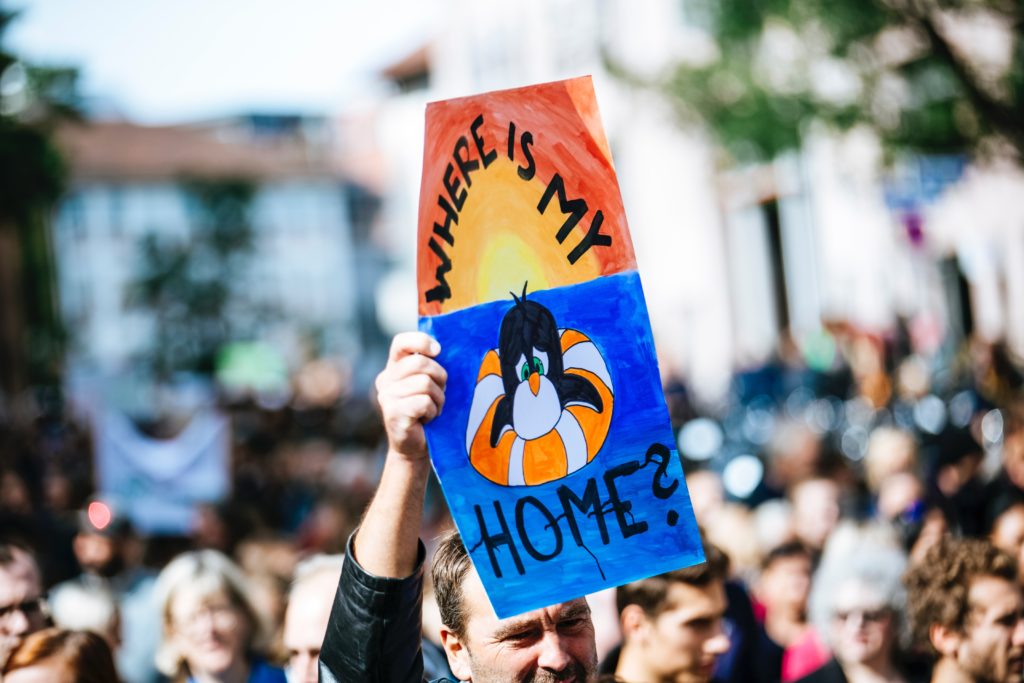
Climate change is receiving more and more attention. While the topic has traditionally been seen as an environmental issue, it is now increasingly reaching beyond and detaching from the sphere of classical environmental policy. In this piece, I will argue that this is a good thing. The environmental movement has been around for half a […]
To grow or not to grow? About a crucial debate for the future of the climate
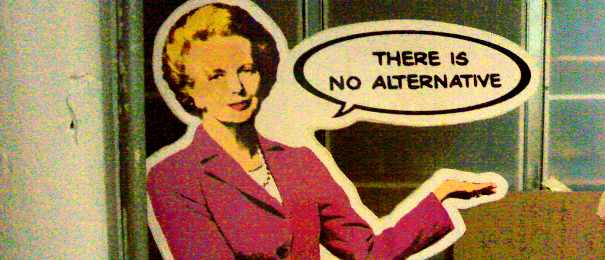
The climate question is all about the limits. Carbon budgets, tipping points, ticking clocks and planetary boundaries are just some buzzwords flying around in talks about a menacingly waltzing climate change. This has always been a problem, as the main goal of most countries is economic growth: unlimitedness of a social system meets planetary limits. […]
Greenwashing’s new distant cousin
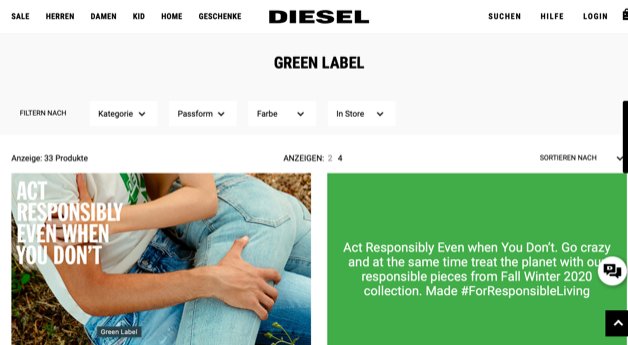
“Act Responsibly Even when You Don’t.” Next to this ambiguous slogan, two young models in jeans are lolling about, promoting Diesel’s Green Label, the brands’ sustainable line. And this is what follows: “Go crazy and at the same time treat the planet with our responsible pieces from the Fall Winter 2020 collection”. Sustainability and shopping […]
Negative emissions – a key assumption in limiting temperature rise
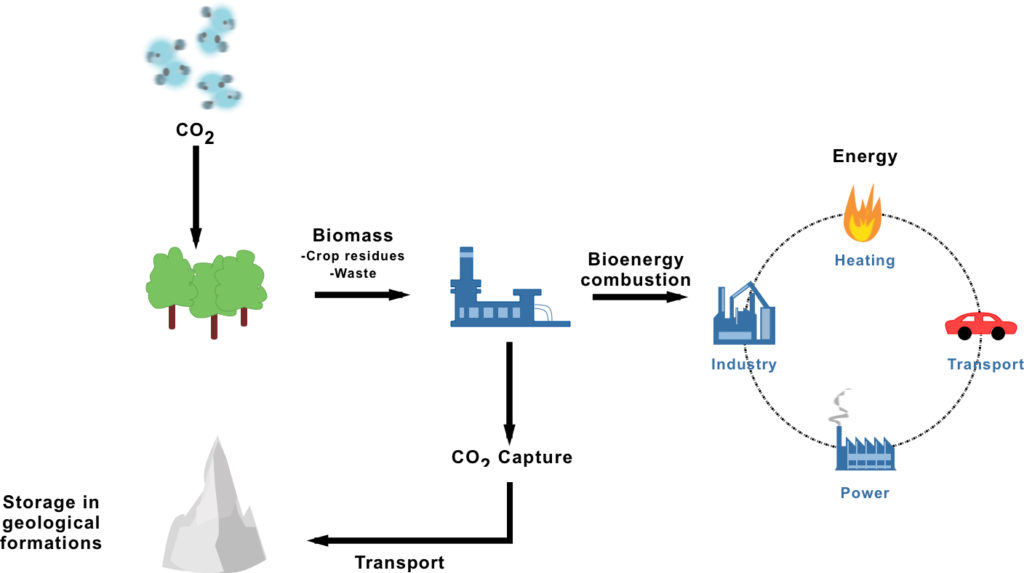
The application of “negative emissions” technology has been widely used by the IPCC and incorporated into models which predict the most modest estimates of limiting the global temperature rise to 2 degrees [2]. Bioenergy and Carbon Capture and Storage, commonly known under the acronym BECCS, is one such technology. In principle, it works by using […]
Kein Fortschritt ohne Risiko
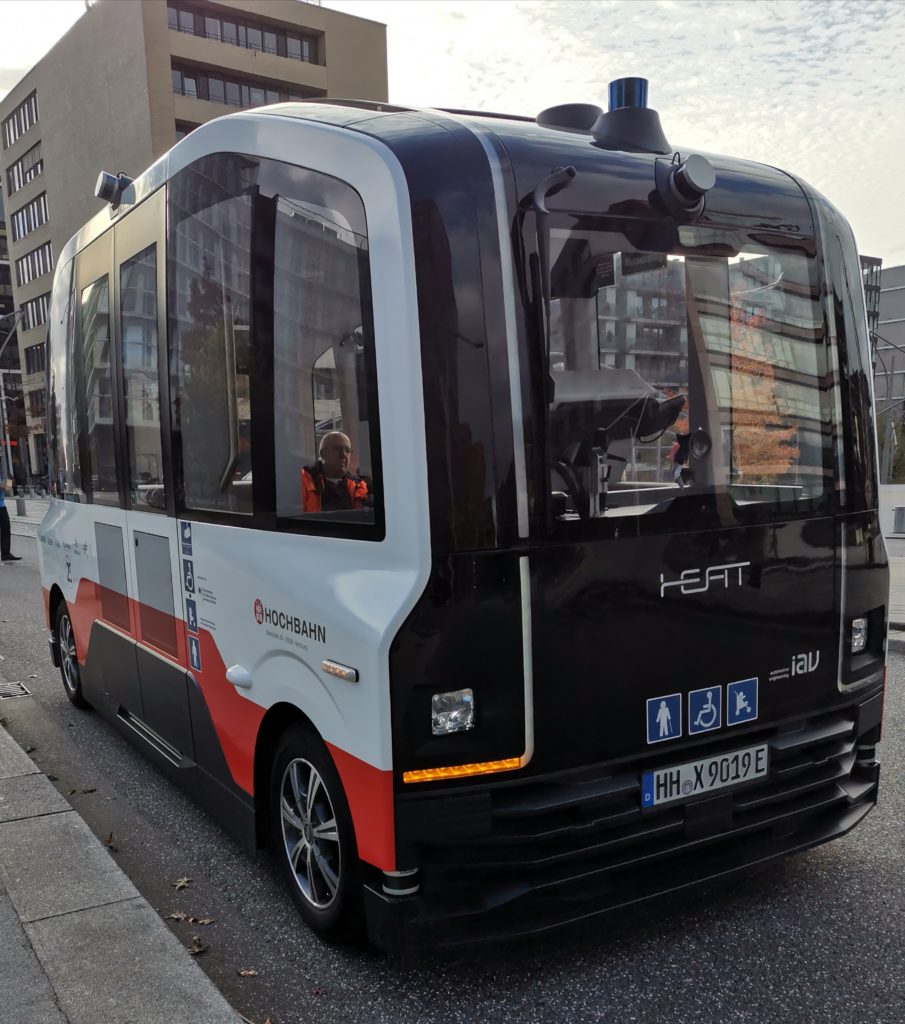
Neulich bin ich zum ersten Mal in einem autonomen Fahrzeug gefahren. Das HOCHBAHN-Forschungsprojekt HEAT testet die Eignung des ersten automatisiert fahrenden Kleinbusses im Hamburger Straßenverkehr. Jede*r kann sich die HEAT-App herunterladen und kostenlos mitfahren. Die Vorstellung, im unbemannten Kleinbus durch die Hamburger HafenCity zu cruisen fand ich aufregend und ein wenig beängstigend. Die Realität war […]
Planting trees to save the climate?
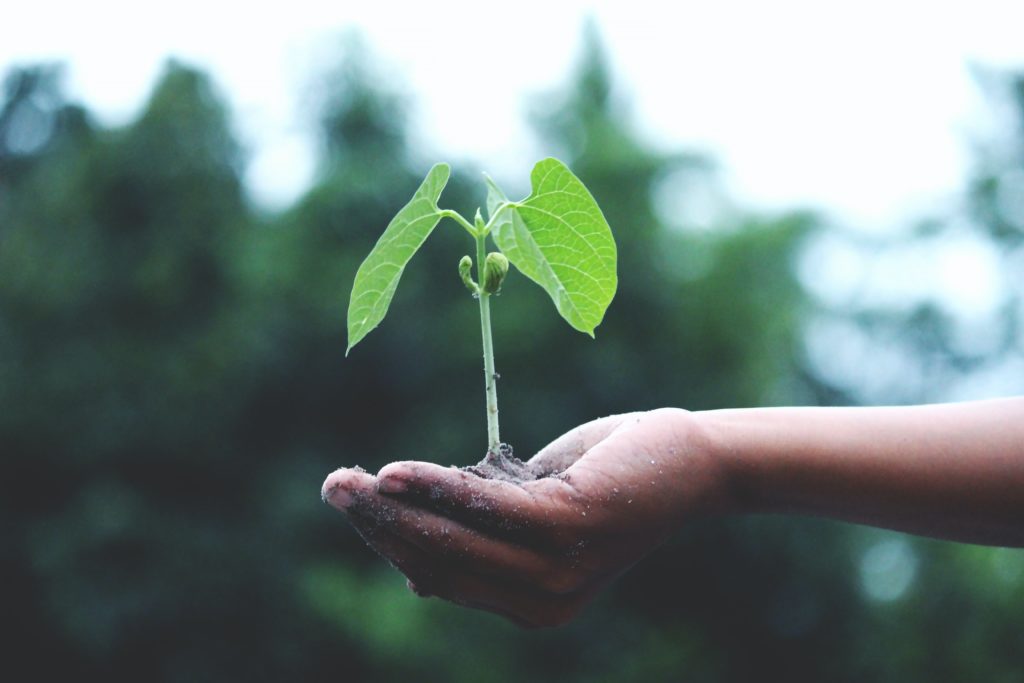
„We plant one tree per product”, an organic chocolate bite company claims that cooperates with Eden Reforestation Projects. “With your help we have already planted 15.000 trees in Columbia”, is written on the website of a company that sells organic cosmetic products in recyclable glass bottles. Planting trees for every product sold seems to be […]
2019 on Twitter: Climate activism awakening
Shortly before 2020 is over, we will have a look back at 2019 to map the climate change debate as reflected transnationally on Twitter. Compared with the two years prior, 2019 showed a particular abundance of climate-related tweets: While the total tweets count of 2018 grew by 8% from 2017, the total count of 2019 grew by 70%. Then what triggered the climate discourse so much on Twitter that year?
Overstimulated by the news: How to navigate through times of crisis

“Robert-Koch-Institute reports highest daily number of infections”, appears on the screen of my phone. The local newspaper lying on the kitchen table is titled with a similar headline, corona is issue number one in the evening TV-news, and my Instagram feed recommends a livestream of the government´s press conference.
